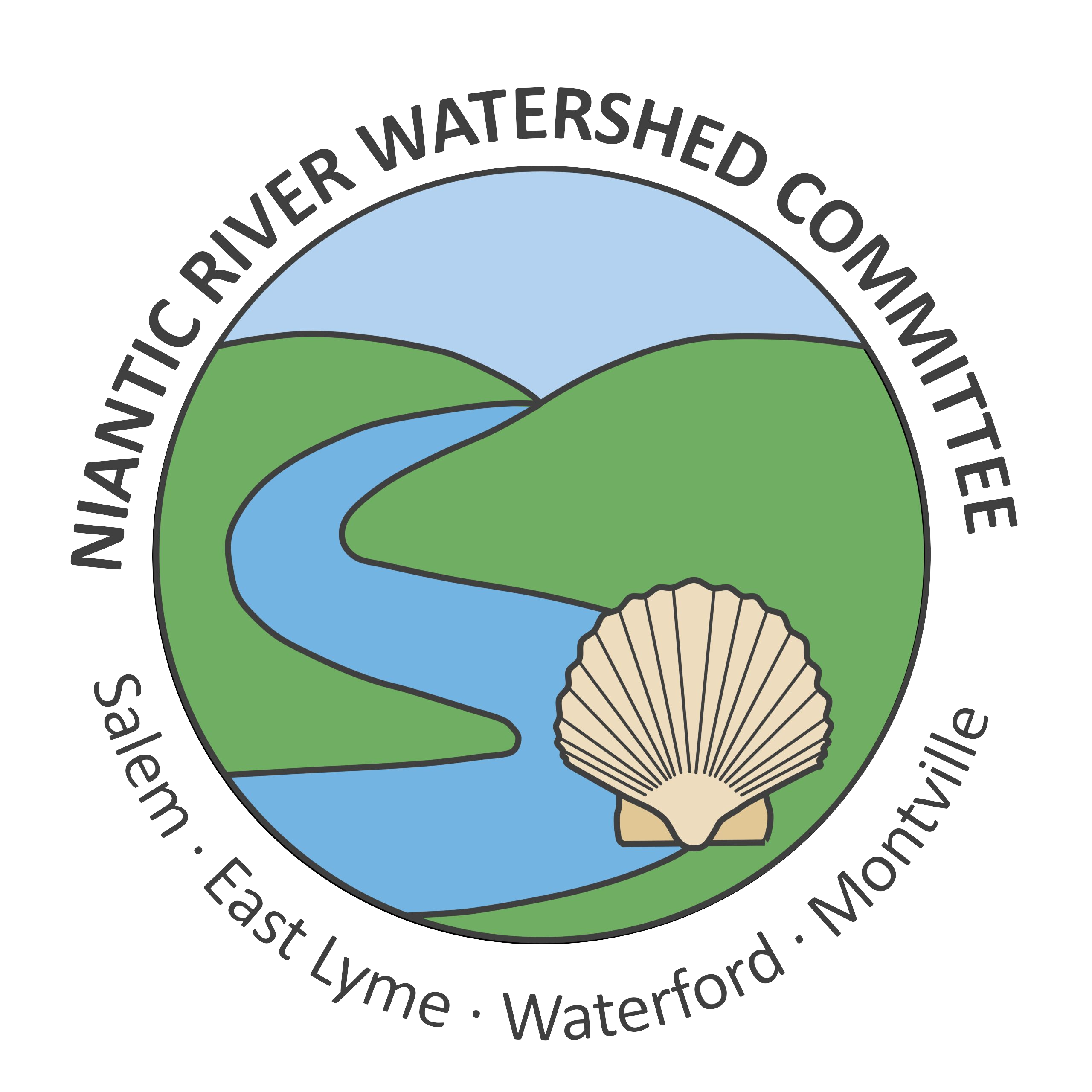NRWC Water Quality Monitoring
On January 19, 2016, the NRWC Nitrogen Workgroup announced the selection of a data synthesis and nitrogen effects project to Drs. Jamie Vaudrey, Jason Krumholz, and Christopher Calabretta of the University of Connecticut.
Their proposal was to fulfill the following project objectives:
- Synthesize available data to evaluate the relationship between environmental impacts (eelgrass extent, hypoxia) and stressors (river flow, nutrient input)
- Develop an ecosystem model (biogeochemical coupled to physical mixing) based on work done in Narragansett Bay,
- Develop recommendations for a target nitrogen load protective of eelgrass,
- Utilize already developed watershed nitrogen loading model to evaluate mitigation strategies, and
- Assess the transferability of this study to other LIS embayments.
For more information and project results, visit Vaudrey Lab, UConn.
Stream Corridor Assessment
In 2014, the NRWC conducted a stream corridor assessment within selected sections of Latimer Brook in East Lyme. This assessment identified and evaluated landscape conditions and infrastructure such as stormwater outfalls that might impact stream habitat and water quality. We used a protocol developed by the USDA Natural Resource Conservation Service called Stream Walk. This assessment documented conditions that included nearby land use, the presence or absence and relative abundance of riparian vegetation, the presence of stream conditions such as excessive plant growth or algae, cloudy or murky water, odors, stream bank erosion, and trash or debris. All these indicate or contribute to poor water quality conditions. Our committee has used this information to identify areas where stormwater management projects or community outreach can be conducted to improve water quality conditions.

Stream Corridor Assessment volunteers examine a stormwater outfall to Latimer Brook
Colony Road/Village of Niantic/Mago Point Stormwater Projects
Working with our partners in the Eastern Connecticut Conservation District, CT DEEP, and town staff, we completed projects in East Lyme and Waterford designed to reduce the effects of stormwater flowing into the Niantic River or its tributaries. These include the Colony Road tree filters (2013), Mago Point vegetative buffer (2014) and tree filters (2016), Pennsylvania Avenue tree filters (2016), and the Grand Street stormwater practices project (2018). All these initiatives were designed to reduce or eliminate various types of pollutants in our waterways by using innovative green technologies. Interpretive signage to educate the public has been placed near the Colony Road stormwater projects.
NRWC/LISS Lawn Fertilizer Change Campaigns
From 2017 through 2019, the NRWC participated with various partners, including the Eastern Connecticut Conservation District, The Nature Conservancy, CT Sea Grant, and the Long Island Sound Study, in a study designed to change the behavior of homeowners residing near the Niantic River regarding lawn fertilizer use. The goal was to persuade residents to reduce both the frequency and amount of lawn fertilizers applied each year. The program was successful in that many of those spoken to agreed to reduce their use of fertilizer.
A related matter is that the NRWC has donated money during the last several years to WELSCO to help pay for an advertisement in The Day (New London) newspaper urging residents to reduce their use of fertilizers to protect Niantic River water quality.
Small Farm Best Management Practices
In 2017, the NRWC provided outreach and technical assistance to small farm owners wishing to learn about methods to manage stormwater runoff on their farms. Geared toward small producers and private farm owners, this program assisted farm owners with diverting clean water to reduce farm runoff, managing heavy use areas, and adopting manure best management practices (BMPs). For more information, please visit Small Farm BMPs. This project was funded in part by a Dominion Foundation Environmental Stewardship grant.
The NRWC remains available to assist small farm owners within the watershed having any issues related to stormwater management or other environmental matters. Please contact NRWC Coordinator to learn more or to volunteer.
